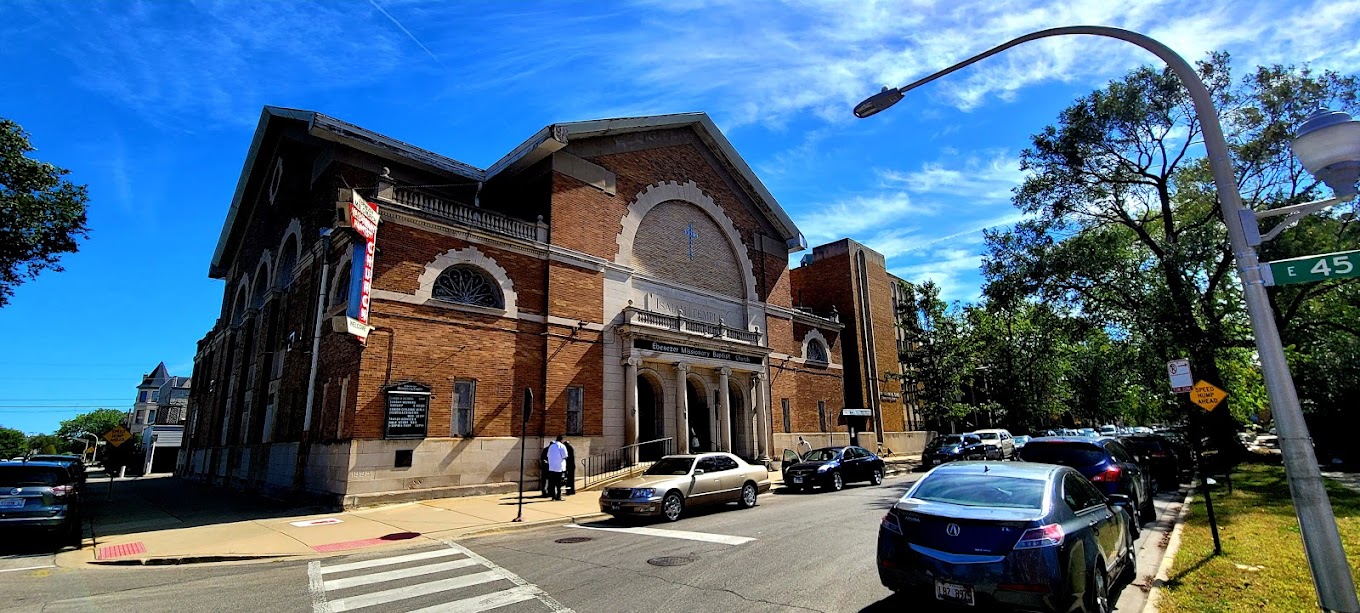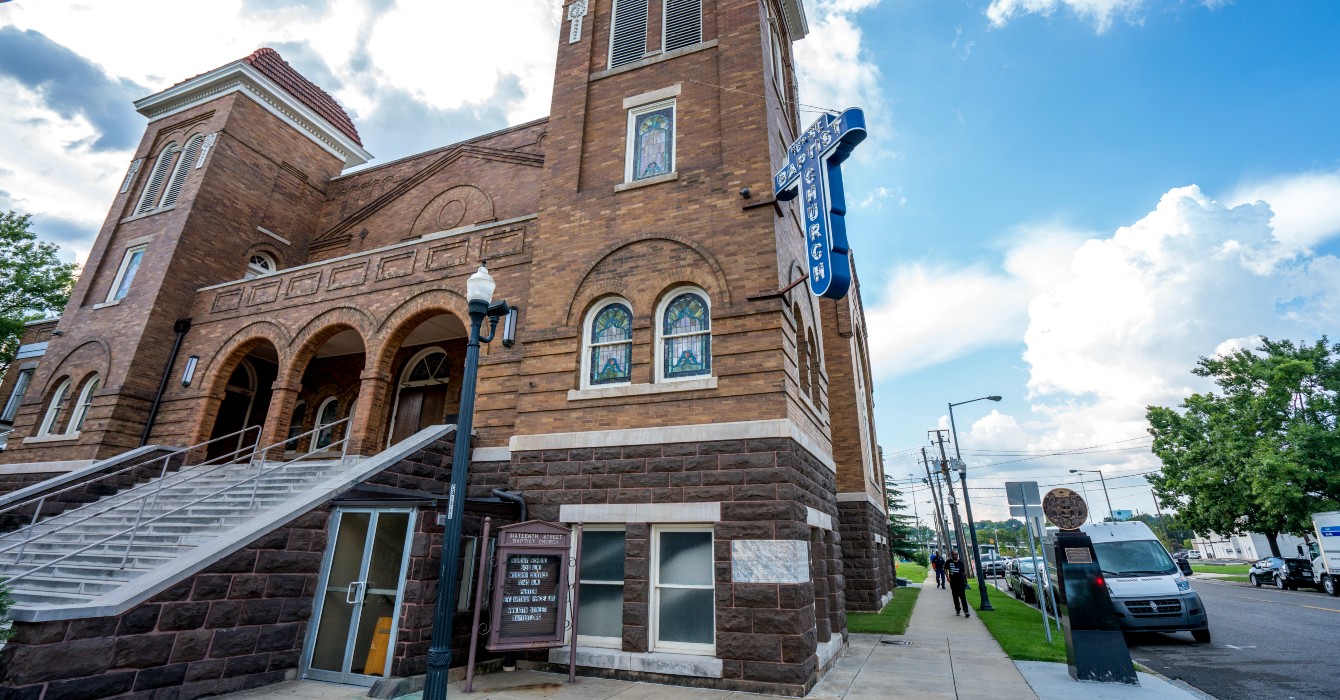The same principles that guided John Abele as the co-founder of Boston Scientific now underlie his work in philanthropy. Indeed, he calls his business endeavors “full-profit philanthropy.”
 Abele is the co-founder, with Pete Nicholas, of Boston Scientific, a medical device company that pioneered the use of technology for less-invasive treatments and procedures.
Abele is the co-founder, with Pete Nicholas, of Boston Scientific, a medical device company that pioneered the use of technology for less-invasive treatments and procedures.
Abele is also board chairman of FIRST (For Inspiration and Recognition of Science and Technology) Foundation and founder and chairman of the Argosy Foundation, the Abele family’s private foundation. He is owner of The Kingbridge Conference Centre and Institute, which focuses on collective intelligence and the discipline of “collaborative convening.” Abele received his bachelor’s degree from Amherst College, where he is now a trustee emeritus.
Abele spoke with Faith & Leadership about training leadership to build healthy, ethical communities. The following is an edited transcript of the interview.
Q: As an internationally successful entrepreneur, what is your philosophy of business and leadership?
In terms of my personal philosophy, from a business point of view and in a lot of activities, philanthropic and social entrepreneurship sorts of things are aimed at creating a culture or an ethos in whatever you do. The technical thing is not what enables people to be successful. It’s a sense of trust, a sense of respect for others, a sense of being able to learn.
I always called it a “full-profit philanthropy,” which meant that it was sustainable. Our goals [at Boston Scientific] were, of course, to develop technology that would lead to products that would lead to medical procedures that would reduce risk, trauma, cost and time. In the process, we came across this concept of doing things less invasively. Doing things less invasively means the patient is almost always awake in the medical procedures.
There’s a spiritual component to the health care aspect, because the patient becomes a partner in his or her own successful rejuvenation. The medical world can get a little bit too mechanical, a little bit too scientific, and overlook the obvious, [which is] that patients with a positive attitude, by and large, do better than patients with negative attitudes. Do you really need to do a randomized, controlled clinical trial to study that? They actually have done those trials. But everybody knows what a good patient looks like. The patient that you want to have wants to be cured, wants to work on their own care, wants to understand.
That’s always fascinated me, and has been an overlap with what my wife the Rev. Mary Abele, pastor of All Souls Interfaith Gathering in Shelburne, Vt., is doing.
The connection with how do you create healthy communities, not just individuals, comes back to this same issue: how do you measure success in terms of measuring the health of a community?
Q: This is a fascinating notion -- the idea of thriving communities. How do you measure, for example in your philanthropic giving, the health of that community in which you’re investing?
There are quite a few ways. If you walk into any organization today, whether it’s a business, whether it’s a church, whether it’s an educational institution -- I don’t know about you, but I can sense the health of that organization without talking to a soul.
It’s the way people move. It’s the sound of their voices. It’s the way the rooms look. It’s the environment. It’s perhaps almost the spring in their step. These are people who have a mission. You can sense that.
To create that environment turns out to be very difficult, and that’s why people study leadership, of course. There are different types of leadership, and it isn’t that one is necessarily better than another; sometimes certain types of leadership need to be very different in order to solve the problems that they need to take on.
Q: You have spoken about the need to have an ethical company. As a leader of any organization, how do you create an ethical culture?
It’s a combination of creating an environment where everybody is both confident and humble. Clearly, you want competency, but on top of that the culture that guides the competencies needs to be confidence and humility. These are sometimes conflicting attributes, but they are ones in which people aren’t pushed to take credit for themselves. They’re focused on the goal of the organization.
When you hear everything expressed in the metaphor of war or the metaphor of sports, you want to think, that’s not bad per se, but if it’s the only one, then you’ve got to be very careful. What does winning really mean?
As a company, everything that we did [at Boston Scientific] was aimed at doing things better. Less risk, trauma, cost and time -- how could anybody argue with that? As it turns out, very easily. If you’re not one of the cognoscenti -- one of the tribe, the credentialed, certified -- in medicine you’re not allowed to comment or critique, because you don’t have the knowledge or the skill or the perspective to be able to help them out.
In talking with doctors, the question is, here is this disruptive technology that we were presenting to them, very different approaches to treating difficult medical problems than had existed in the past. A lot of these were brought to us by rebel doctors. They’re very passionate. They were not necessarily well-respected in their field, because they had already strayed from the pattern of safe ideas. It was our job to supply them with that technology, to work with them to understand the factors that make this work or not.
What can we do to make it better, and if we do everything, will it still be better than whatever the alternative is? That’s a long, involved process, and therefore the opponents of that process -- in our case it was usually a surgeon, because whatever we were doing was going to be an alternative to surgery -- wanted to see our 20-year results, which I always thought was amazing.
I said, “I think it’s important to come up with some very specific ethics tests that anybody working in these areas should try on themselves.” To me, it actually was the goal of getting to the truth. We didn’t want to develop products that weren’t going to be successful and more effective at treating people than anything else.
Everything we do is going to focus on achieving these little basic goals, where ultimately the patients are better off, society is better off, and in the long run, the doctors are better off. How can anybody argue against that? And it costs less. We have a sacred responsibility to our community at large to use the resources that we’ve been given in the most effective manner.
Q: What were the ethics tests that you developed?
The first one is just the Golden Rule. These are principles to follow, as opposed to detailed “how you do things.” Golden Rule: “Do unto others as you would have them do unto you.” The second one is, if it’s a new medical procedure, would you do this procedure on your parents? Would you do this on your children or grandchildren? That’s kind of a variation of the Golden Rule.
The next one would be, what would somebody you really respect do in a situation like this? Who do you really respect? Don’t pick just one; pick several people. They may be academic leaders, they may be religious leaders -- but somebody who understands and can put things in perspective. What would they do in your situation?
The next one would be the categorical imperative. The categorical imperative is, what if everybody did this? Unless it’s going to be available to everybody, are you going to end up actually hurting the health of society as opposed to [helping one] patient?
The next one would be what I call the “60 Minutes” rule. That is, what if you went on the television program “60 Minutes” and were being asked by Mike Wallace about this? Would you be able to defend this to a critical, skeptical, possibly cynical [questioner]? [And] can you defend that in a public environment, not with just a small group of experts who understand? That’s important.
No. 6 is, would whatever you’re doing make a skit on “Saturday Night Live”? That sounds silly but, excuse me, it’s really powerful.
Q: With the “Saturday Night Live” question, how do you pass the test? Is it good or bad to be on “Saturday Night Live”?
It absolutely is bad to be on “Saturday Night Live.” If you’re going to be the butt of the late-night comedians, then you truly have failed, because they point out the foibles. If you’re on the program, you’ve got a real foible to be pointed out.
A whole section of our society is enormously cynical, rightfully so, about anything big, and maybe it’s the government, maybe it’s companies, maybe it’s educational institutions; it’s certainly churches. How do you regain trust? Is it possible? One of the things you have to learn is, for society to survive, unfortunately, we do need a few things that are big.
It’s a scale that allows us to do things, if it’s done well, that can provide resources for society that make life good, make people get along together, all the things we know, and yet we’re coming back with this tremendous paradoxical situation. We need it, we want it; we hate it, we don’t trust it.
I’m writing a book ... on collaboration. The working title is “The Collaboration Paradox.” In many cases the most powerful collaboration of minds is where you harness collective intelligence. That’s not “collaborate” like they do in the military, or to collaborate like you do for a surgeon to make them successful, or even in a church, where you make whoever it is you’re trying to empower successful. This is a variant of that, which is aimed more at harnessing the collective intelligence of everybody who’s participating. It’s a pretty special thing when you see that.
Leading a university, for example, is extraordinarily difficult, but at certain times that can be magical in terms of empowering a group of people to work together, not on everything necessarily, but on all the little pieces that make it work.
Q: How do you approach your philanthropic efforts? Being one of the wealthiest men in the world, you have this awesome responsibility, and I wonder how you think about philanthropy from a position that only a very few people in the world are in.
I worried about that with family. How do you teach that special responsibility? It’s really a sacred trust. If you have been put in that position where you have a lot of resources -- notice I’m not saying “money” -- money is part of it, but it’s connections. It’s experience. It’s relationships. We’re stewards of that resource, and our job is to invest it in ways that bring the greatest value to the particular community we’re trying to help. Frequently that involves culture changing, and culture changing is enormously difficult.
Q: How do you decide where to invest your resources?
We look as a family. We have a vision in values. A long list of values is part of that, but everything we do we try to make it leverage. If you’re entrepreneurial, that’s ingrained. If you do an investment, you want that investment to produce more value than what you put into it. You want to create a sustainable model. If you’re just going to help the homeless, let’s say, by giving them money, you’re violating Bible 101. Teach them to fish.
Doing philanthropy is, as many people have said, very, very hard. One of the big risks is the emotion comes in and the desire for compassion, and then in the desire for compassion, you end up disempowering people. It isn’t what you wanted to do; it’s something that happens.
Q: Are you talking about the Argosy Foundation?
Argosy is a personal expression of mine, but the family did it together. We spent a long time trying to look at the leverage of creating value. With that come a lot of things that are related, which is to do your philanthropic activities so they empower people. Our intention is to empower, which means you have to take responsibility and you have to own it and you have to take risk, and then you have to pass that on. That to me is very important for a sustainable model.
What’s really kind of neat in this world is there are a lot of people who are doing just that. Whether it’s Teach For America, Wendy Kopp and her program, or I could go on and on -- Habitat for Humanity. What’s fascinating about these is they’re independent of government. They’re independent of the establishment unless they get big enough and they become the establishment.
Q: I noticed in your mission statement for the Argosy Foundation that it talks about general goals but it doesn’t --
It’s not focused on content.
Q: Right. It doesn’t say, “We are about health or the environment or ... ” What was your intention in doing that? And how do you measure the success of your philanthropic efforts?
We’re, in essence, first-generation philanthropy. [Argosy] came from Boston Scientific, but it’s since multiplied itself in other ways, and I feel pretty sacred about that. I want to use those resources in a way that is productive, so you’ve got to come up with measures. Sometimes those measures of success are soft, but they come from talking to a lot of people and doing comparisons. One of the things that I’m involved with is that.
What we want to do in our philanthropic activities, everything we do, we want to focus on raising the bar, not of winning by making our opponent lose. It’s a mindset.
Everybody should write down their own personal philosophy of leadership. It doesn’t have to be something that you read in somebody else’s book. You own it. What kind of world would you like to live in? That’s the mindset. Then test it against those ethics that I talked about and against a number of other things.
Does this work in a group? Does it work in this community, that community and whatever it is? It isn’t just a business. It’s a leadership philosophy. Whether it’s a community, whether it’s a church -- what do you want to see? And then [there are] a lot of styles that can be used.
There are certainly the ones who are celebrity leaders, and that can be a very powerful thing. There are others who are the quiet coach type, almost invisible or behind the scenes in many cases. That can be very effective as well; they create an environment where people can be productive. That has to do with [creating] a trusted environment, and obviously, that’s what you try to do in a university. It’s difficult. It’s really difficult, because you’ve got a lot of people and you haven’t had much time with them, and sometimes they don’t get the message.
Great leadership creates an environment that dances, and it really is a dance now, between making sure people are fair but not leaning on them to be fair, making them want to be in an environment where everybody has opportunity.













